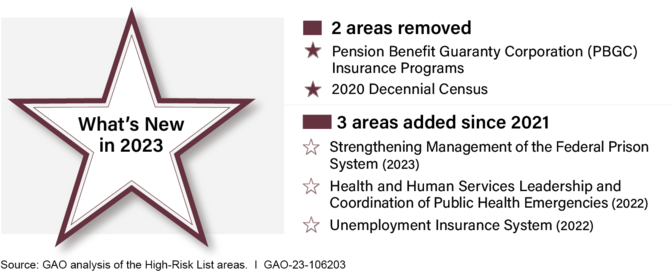National Security at Risk due to Soaring Unemployment Rates
This article discusses the significant issue of high unemployment rates in Ghana and the series of human security challenges it poses. These challenges are seen impacting various aspects of life, from economic vulnerability, nutritional inadequacy to health impoverishment, insecurity, and social and political instability.
Economic vulnerability due to unemployment limits the public’s access to basic goods and services, thereby deepening poverty. Inadequate income levels make it difficult for families to afford nutritious food, leading to malnutrition and related health issues. High unemployment rates also make the access to healthcare services more challenging due to financial constraints, and in areas where health coverage is dependent on employment, the issue is severe.
Criminal activities tend to increase with the escalating unemployment rates, posing a threat to personal safety. Unemployment also fosters social discord and intergroup tensions. Prolonged unemployment can lead to disenfranchisement and resentment directed towards government entities and privileged individuals.
Widespread unemployment may undermine the people’s confidence in governance and public institutions, resulting in political instability. The population may perceive their needs and grievances as unaddressed, giving rise to protests and potentially, civil unrest.
To effectively address these issues, Ghana must implement a comprehensive strategy that includes investment in education and skills development, support for entrepreneurship and small businesses, diversification of the economy to create new jobs, and development of social policies to provide safety nets for the unemployed. In addition, they need to build partnerships among government bodies, private enterprises, and international entities to create sustainable employment opportunities and address the root causes of unemployment.
